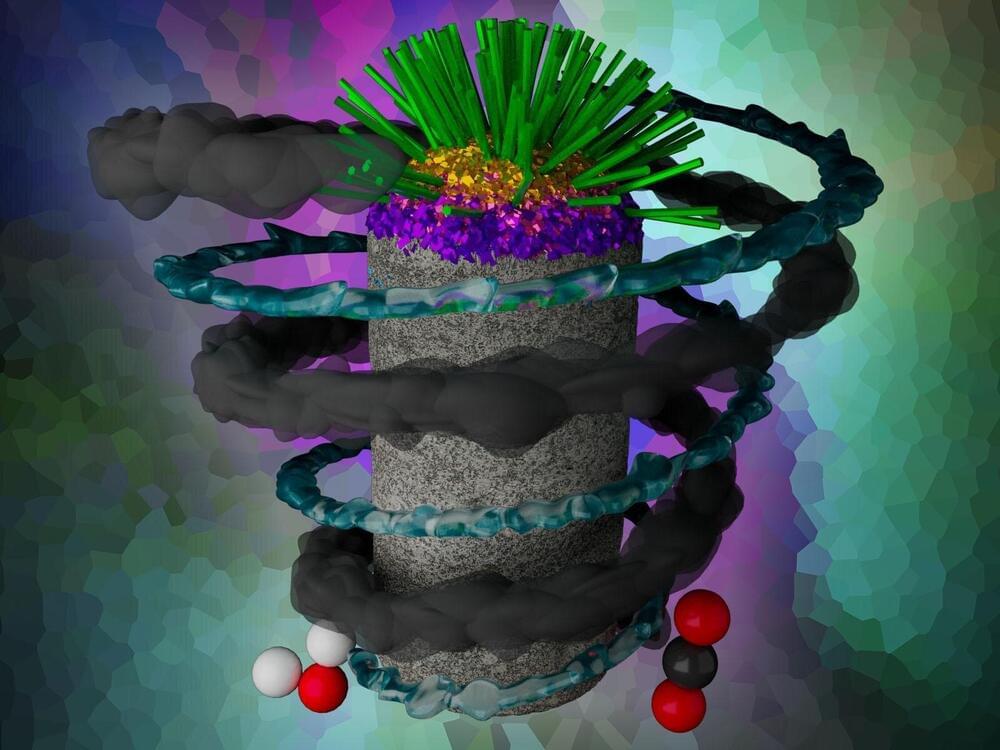A new scientific review article in Nature Reviews Chemistry discusses how carbon dioxide (CO2) converts from a gas to a solid in ultrathin films of water on underground rock surfaces. These solid minerals, known as carbonates, are both stable and common.
“As global temperatures increase, so does the urgency to find ways to store carbon,” said Pacific Northwest National Laboratory (PNNL) Lab Fellow and co-author Kevin Rosso. “By taking a critical look at our current understanding of carbon mineralization processes, we can find the essential-to-solve gaps for the next decade of work.”
Mineralization underground represents one way to keep CO2 locked away, unable to escape back into the air. But researchers first need to know how it happens before they can predict and control carbonate formation in realistic systems.
